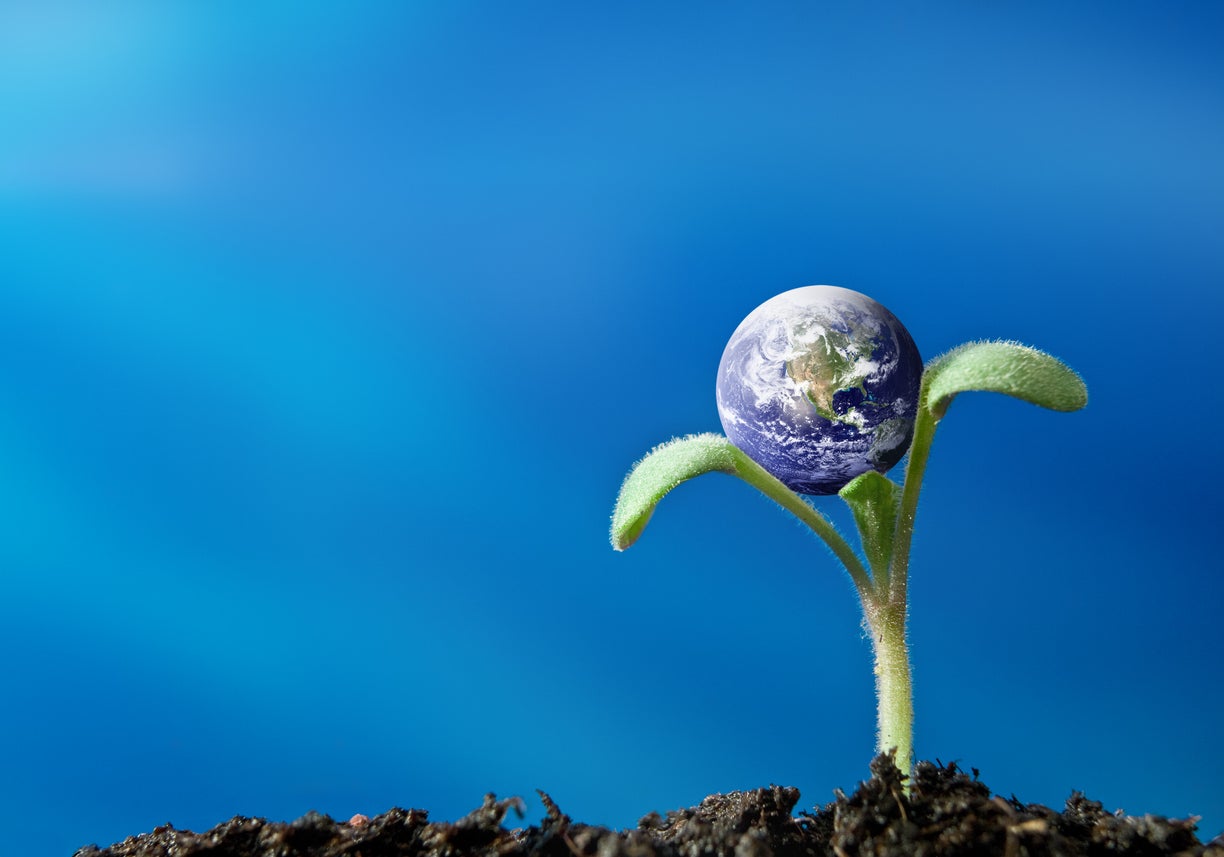‘Pandemic isolationism’ is putting a truly global recovery at risk
For a brief spell at the beginning of the Covid-19 outbreak there was a sense of international unity, but governments are now prioritising their domestic agenda. The quicker we rediscover our collective moral compass, the better, writes Paul Polman


At a Labor Day rally in September 1980, Ronald Reagan famously joked that “a recession is when your neighbour loses his job. A depression is when you lose yours.”
Reagan’s comic brilliance helped him win the presidency, but there is also a painful truth in his words. For many of the world’s poorest nations, the coronavirus pandemic could well end in a 1930s-style depression, whereas the developed world is better placed to bounce back.
For a brief spell at the beginning of the Covid-19 outbreak there was a sense of international unity and co-operation, as countries joined together to scale medical and food supplies, pool funding for global vaccine trials and inject trillions of dollars into the world economy. But beggar thy neighbour policies are now worryingly prevalent and “pandemic isolationism” is putting what should be a truly global recovery at risk.
The most egregious example is the European Union’s recent decision to introduce export restrictions on vaccine supplies – even if there is a reluctance to trigger their use. It is a selfish act that betrays the bloc’s claim that “human dignity is inviolable”.
Indeed, for many poorer nations, widespread vaccination will not happen before 2023 – if at all – even though an immunised world is key to propelling a sustainable rebound.
There are other signs of a disturbing lurch towards economic nationalism that should also cause alarm. The UK government has pledged to cut its annual aid budget by almost $5bn, which former Prime Minister David Cameron has rightly described as a “moral, strategic and political mistake”. More widely, protectionism has gathered pace around the world, as countries shore-up domestic economic activity and erect investment barriers on the pretext of protecting essential infrastructure and critical technologies.
Maybe we shouldn’t be surprised by this reactionary fallout. In times of crisis, it is perhaps understandable for governments to prioritise their domestic agenda over international co-operation and development. But as the world marks UN Social Justice Day this weekend, governments must acknowledge that looking inward is against every nation’s long-term self-interest. The quicker we rediscover our collective moral compass, the better.
A good place for the developed world to start would be to double-down on delivering the UN Sustainable Development Goals. Worth at least $12tn and 380 million jobs a year by 2030, they provide the blueprint for a more sustainable, inclusive and prosperous world. The prospect of regaining significant growth and, in the same move, tackling global inequality should be attractive to even the most conservative leader.
The incremental cost of achieving all 17 of the SDGs is estimated to be only $2-3tn a year, which is small change given this agenda is central to helping us build back better. This is plainly not outside the reach of developed countries. Consider, for example, that governments collectively spend around eight-10 per cent of global GDP on conflict prevention and wars. That’s also roughly equivalent to what has been spent on economic stimulus packages – around $14tn – to mitigate the impacts of Covid-19.
Likewise, the world spends trillions of dollars each year on strengthening our climate resilience and adaptation, when we should instead be dealing with root causes of our climate emergency. This is more than a false economy. It is voodoo economics writ large.
Dire apathy in the international community is costing lives and livelihoods. Nearly half the world lives on less than $5.50 a day. More than two billion people still don’t have access to basic sanitation. 1.9 billion adults are overweight or obese, 462 million are underweight, and 135 million experience acute food insecurity. And over 160 million children are stunted. Behind every statistic is a human being who can be helped, but it requires governments to urgently reframe their priorities. We need to spend more, and we need to care more. It really is that simple.
Thankfully, the election of President Joe Biden brings hope of a new phase in our pandemic response and a return to multilateralism. The era of US hegemony may well have come to an end, but America still projects awesome power that shapes the rest of the world. And, so far, the omens look good.
The president has rejected isolationism and pledged to “catalyse global action on shared challenges”. He has quickly acted to reinstate the US in the Paris Agreement. He has proposed a $1.9tn rescue plan to kick-start a green recovery. And he supports raising the federal minimum wage to $15 per hour. Other nations would do well to follow his leadership, for the sake of their own prosperity, as well as that of their allies.
By next year the developed world needs to have dramatically accelerated delivery of the Global Goals, recognising they are an indispensable down payment on the prosperity of our people and planet for decades to come. We have no time to lose.
Paul Polman is chairman and co-founder of IMAGINE – a social venture accelerating business leadership to achieve the Sustainable Development Goals – and honorary chair, International Chamber of Commerce




Join our commenting forum
Join thought-provoking conversations, follow other Independent readers and see their replies
Comments